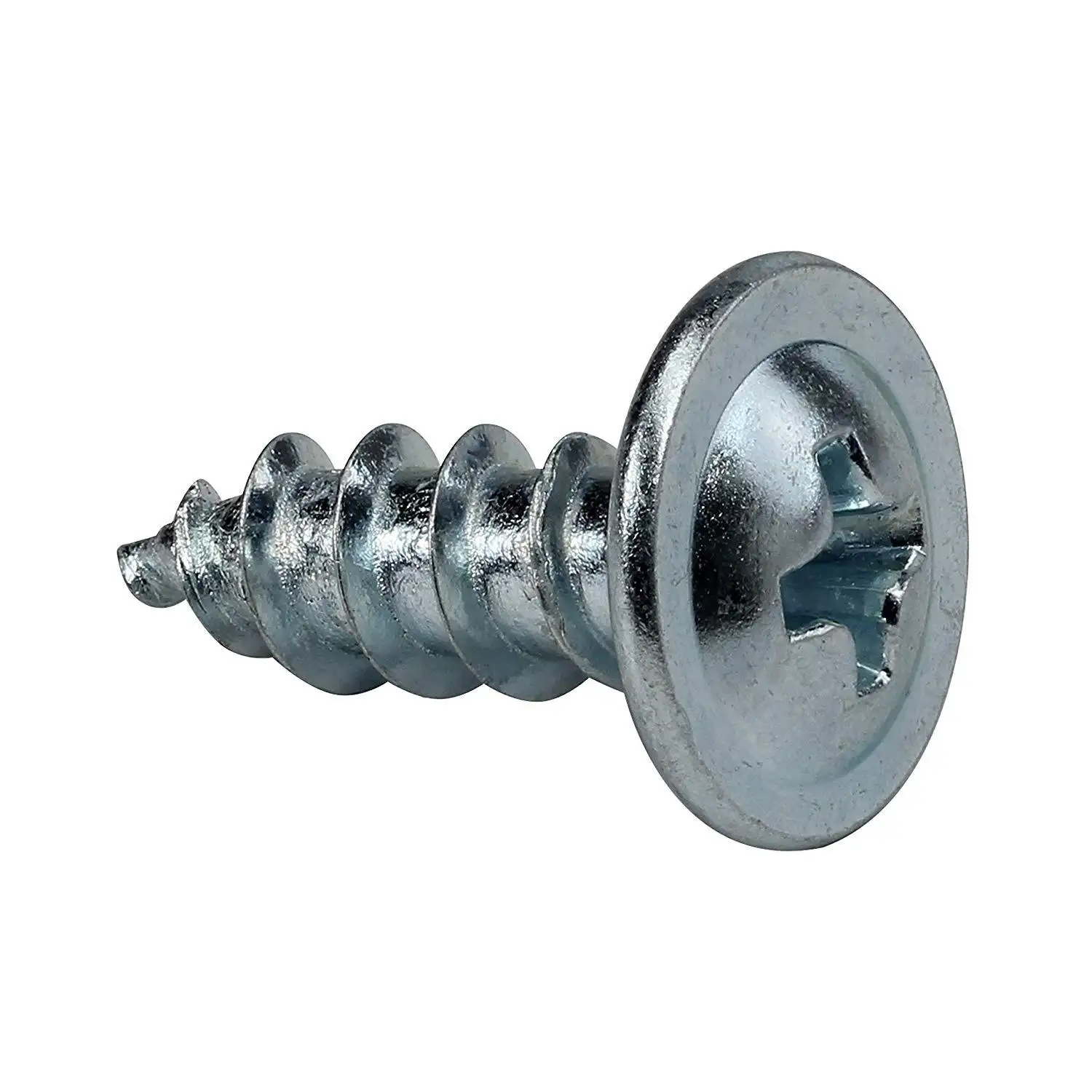Typical Lengths of Drywall Screws from Leading Suppliers for Your Project Needs
Understanding Typical Drywall Screw Lengths A Guide for Suppliers
When it comes to drywall installation, choosing the right screw length is critical to achieving a secure and stable finish. Drywall screws are specifically designed to mount drywall sheets to wooden or metal studs, and using the correct length ensures that the screws properly penetrate the substrate without causing damage to the drywall itself. In this article, we’ll explore typical drywall screw lengths, their applications, and considerations suppliers should keep in mind when stocking these essential fasteners.
Standard Drywall Screw Lengths
The most common lengths for drywall screws range from 1 inch to 3 inches. Specifically, the following lengths are frequently used
1. 1 inch (25 mm) Ideal for attaching 1/4 inch drywall to wood or metal studs, this length is perfect for lightweight installations where only the drywall needs to be secured.
2. 1 1/4 inch (32 mm) This length is commonly used for standard 1/2 inch drywall. It provides sufficient penetration into the studs while minimizing the risk of damaging the drywall.
3. 1 5/8 inch (41 mm) This screw length is often used for 5/8 inch drywall, typically installed in commercial applications or in areas that require fire-rated assemblies.
4. 2 inch (51 mm) Suitable for thicker panels or when drywall is being installed in layered configurations, the 2-inch screw provides added grip and stability.
6. 3 inch (76 mm) Generally used for thick drywall or in situations where additional support is necessary, these screws provide excellent anchorage.
typical drywall screw length supplier

Key Considerations for Suppliers
When sourcing drywall screws for resale or distribution, suppliers should consider several critical factors to meet customer needs effectively.
1. Material and Coating Most drywall screws are made from steel, often with a black phosphate or zinc coating to resist corrosion. Suppliers should ensure that they offer a variety of options based on the environment in which the drywall will be installed. For example, in moist areas, corrosion-resistant screws are essential.
2. Type of Thread Drywall screws typically have coarse threads for better grip in wood and fine threads for superior penetration in metal studs. Suppliers should stock a range of both types to accommodate different installation methods.
3. Head Style The common head styles include Phillips, square, and flat. Each has its unique benefits, with Phillips heads being the most widely used. Suppliers could consider offering various head styles to suit customer preferences.
4. Packaging Options Offering screws in bulk packages or smaller consumer-friendly boxes can cater to both large contractors and DIY enthusiasts. Convenience factors, such as resealable bags or secondary packaging with screw counts, can add value.
5. Safety Standards Ensuring that all sourced screws meet local and national safety standards is essential. Compliance can affect liability and customer satisfaction.
Conclusion
For suppliers dealing in drywall screws, understanding the typical lengths and their respective applications is essential for catering to the needs of customers in the construction and home improvement sectors. By considering material, thread type, head style, packaging, and safety compliance, suppliers can ensure they provide a comprehensive range of products that support effective drywall installation. Properly stocked, suppliers will service contractors and DIYers alike, contributing to successful construction projects across the board.
-
Top Choices for Plasterboard FixingNewsDec.26,2024
-
The Versatility of Specialty WashersNewsDec.26,2024
-
Secure Your ProjectsNewsDec.26,2024
-
Essential Screws for Chipboard Flooring ProjectsNewsDec.26,2024
-
Choosing the Right Drywall ScrewsNewsDec.26,2024
-
Black Phosphate Screws for Superior PerformanceNewsDec.26,2024
-
The Versatile Choice of Nylon Flat Washers for Your NeedsNewsDec.18,2024










